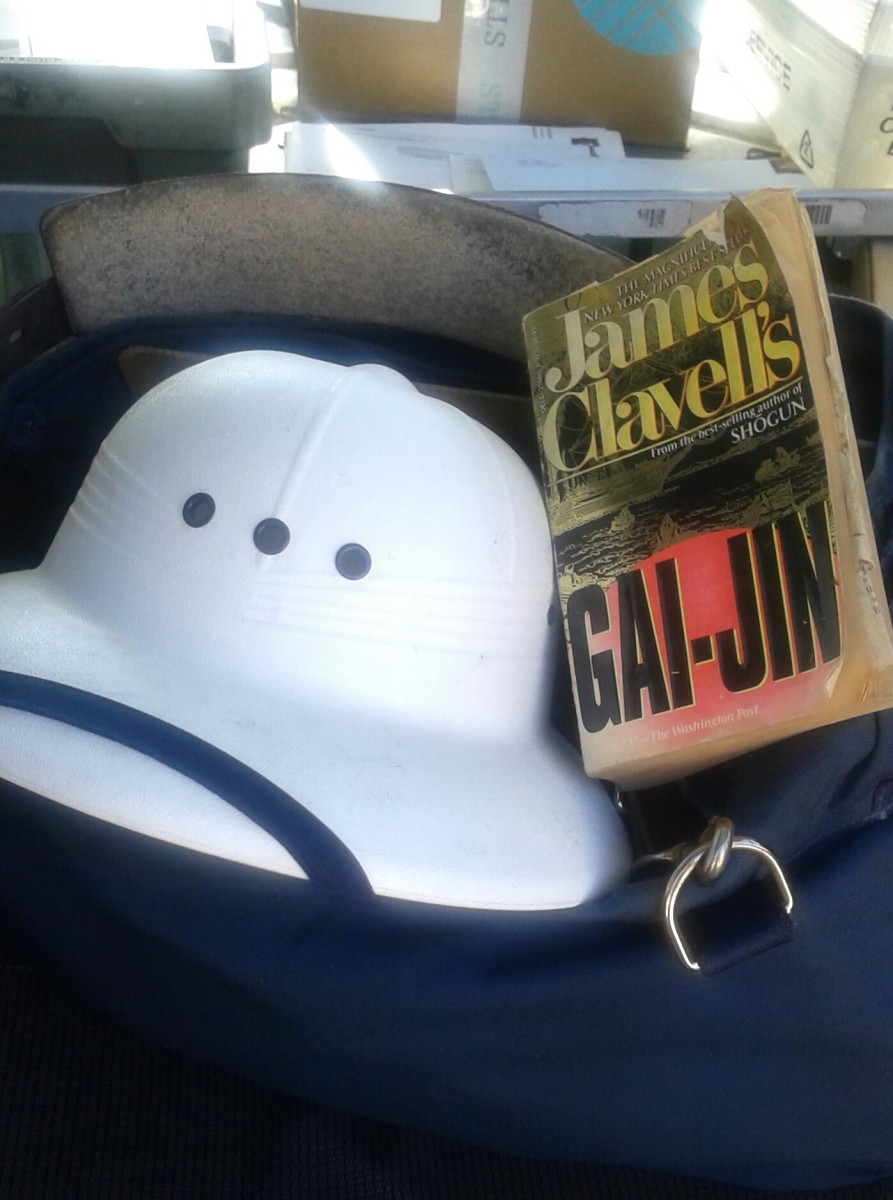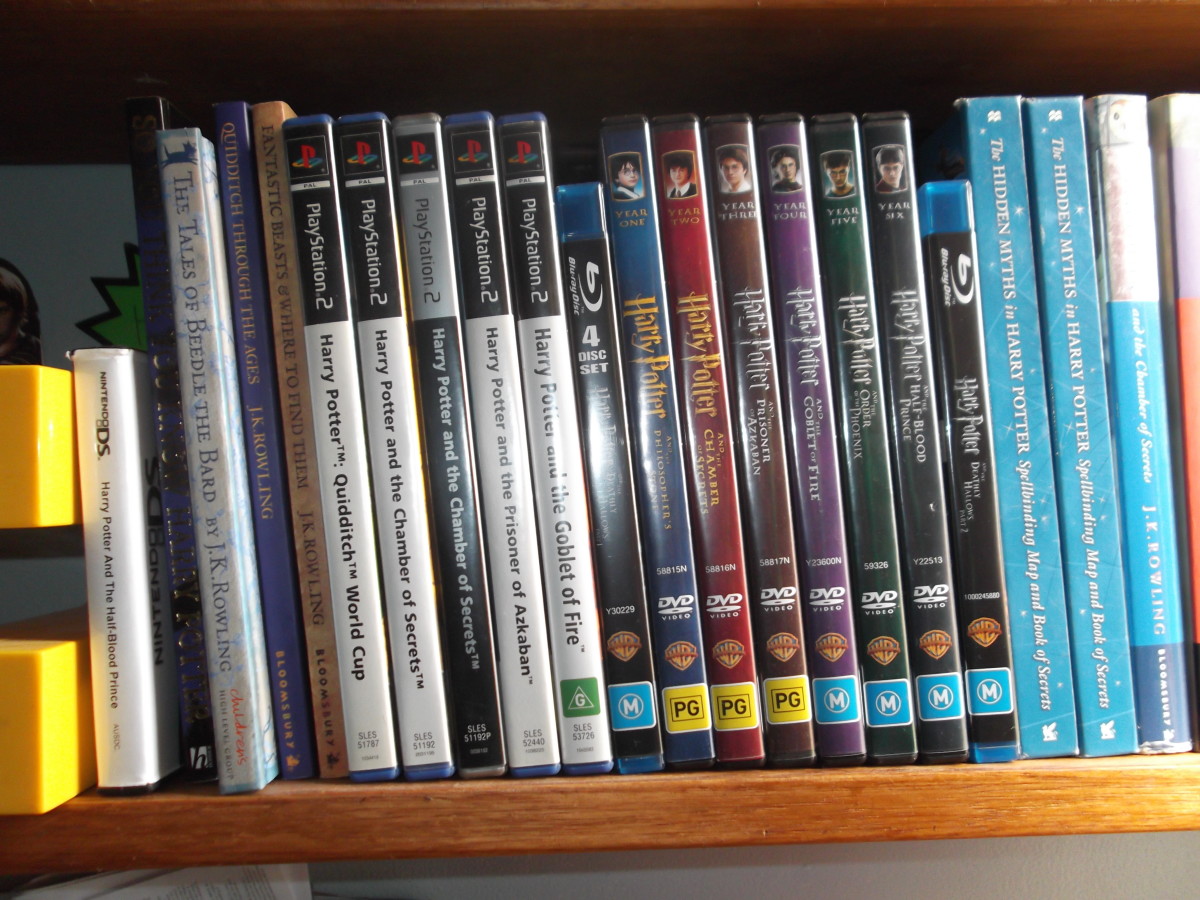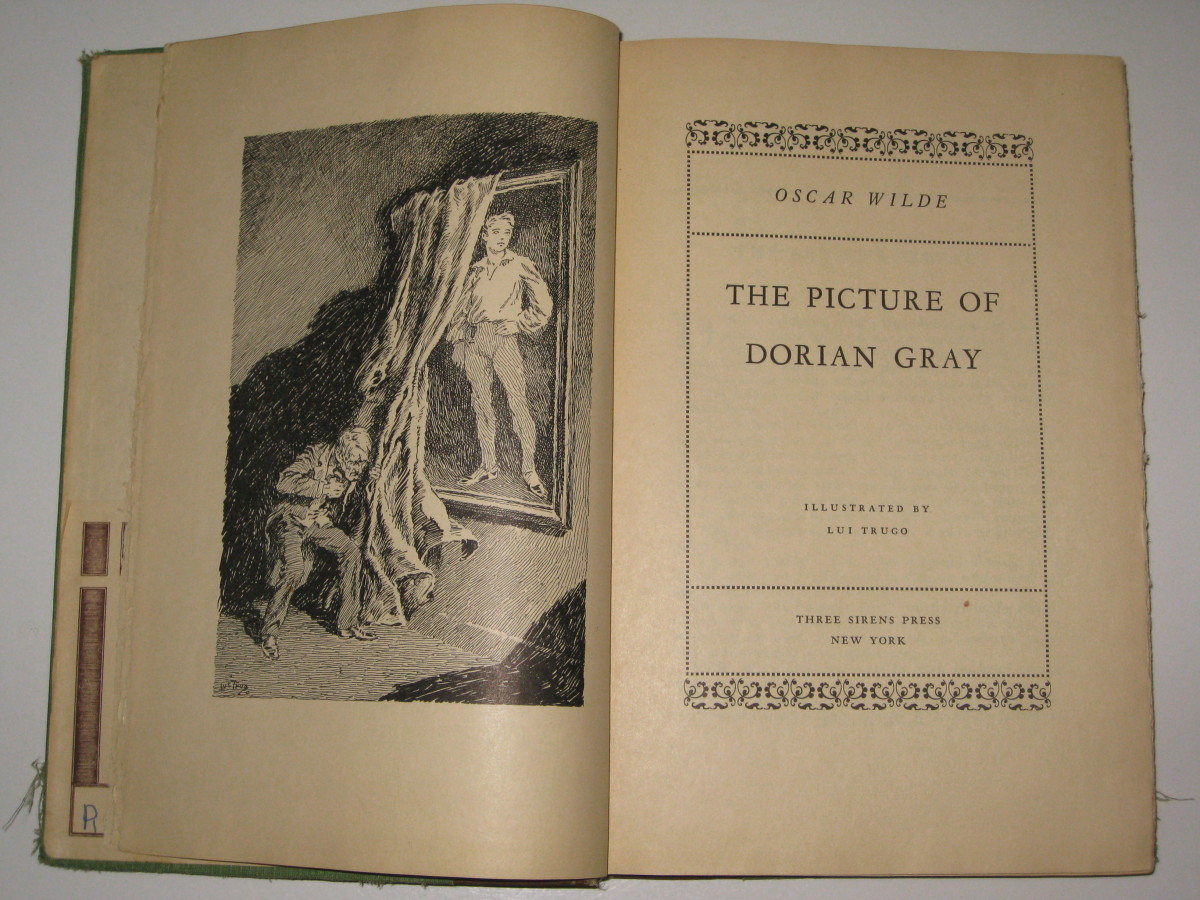- HubPages»
- Books, Literature, and Writing»
- Literature»
- English Literature
How to Get the Most of a Read Book
Reading skills

How to Get the Most of a Read Book
READING SKILLS
The more you read, the better a reader you will become. You will soon find that practice will really boost your reading effectiveness and efficiency. Bruce Lee once said this: I fear not the man who has practiced 10.000 kicks once, but I fear the man who has practiced one kick 10.000 times.
Enjoying what you read is a great way to develop your skills faster and naturally, the more you enjoy it te more you will do it. That is why it is better if you choose what you read. Of course textbook materials of a class at school will not be reading of your choice. But even there you will choose the chapters to read or manage to find some interest in what you are obliged to read. You must understand that if the academy chose that material, it is because it has some unknown interest to you.
It may take time before you realize how important such a reading was. If you read and do not understand what you read: always keep a dictionary while reading. Search online meanings. If you are slower to comprehend things, follow your own rhythm. Sometimes you must go on reading as meaning will get clearer in the course of the reading. Some materials may be beyond your level of comprehension.
Basics
A book that you read up to more than 50 pages and don not understand will not be a book for you. Or you must find ways (help from teachers, friends, etc) of facilitating the comprehension. But you must remember that we always learn something from the books we read. Any book you read transforms you in way or another.
It is the books you read today that prepare you to read and understand other more complicated books in the future. Reading for a purpose: We do not read for the sake of reading. We read for fun as an entertainment, to improve one’s linguistic skills by increasing one’s vocabulary’s bank.
Once beyond the elementary reading, it is useful to read according to one’s purpose or interest. For students majoring in African civilization, for example, it would not be very practical to read about Chinese philosophy or the impact of television in teenagers in the USA; We choose books to read according to our interest of the moment.
In the case of scholarly research: Make an outline of your research. If it can be rough or detailed so that when you read, you can indicate in the book you are reading where each part falls. Some general tips and pointers on how to read a book so as to get the most out of it start reading from the beginning, don’t forget you don’t always have to read the whole book, pace yourself; Take breaks when you need to.
Make a decision
Use the table of contents to find specifics chapters or sections. Find also the index of authors or terms/ideas. This will be helpful for quick references. Mark interesting or important passages Write notes or explanations in pencil.
Some basic steps
Choose a book according to the purpose of reading. There are millions of books so the choice is not an easy one. You can start by finding out what you don’t like (realist prose books, fantasy, historical books, etc) In the case where you want a book on your own decision, it will not be helpful to ask another person to make a choice for you.
If you make a personal choice, you will enjoy the material even more. But another person can advise you a book that deals with a specific topic of that person’s field of pecialization. EX: a professor can advise a book to students. A librarian can also be of great help as he/she is familiar with many books. But they will be particularly useful in indicating the section where the book you are interested in will be located. You can’t stop at the cover page of the book to decide.
Title and cover illustrations which seemed boring will later reveal an interesting book or vice versa. The thickness of a book can help decide. If you are looking for literature to read in your spare time, avoid thick and heavy books with small printing. If you are choosing a book for someone else, think of that person’s age, interests.
Good friends and close relatives can recommend books to you based on what they enjoyed and think you will also like. Today you can check online with persons who would be too glad to share their opinions about various titles.
The tips

The main tips
THE TIPS
To make Active Reading, the reader has to ask 4 basic questions
- What is the book about as a whole? You must try to discover the leading theme of the book, and how the author develops this theme in an orderly way by subdividing it into its essential subordinate themes or logic.
- What is being said in detail, and how? Try to discover the main ideas, assertions and arguments that constitute the author’s particular message.
- Is the book true, in whole or part? You cannot answer this question until you have answered the first two. You have to know what is being said before you can decide whether it is true or not. When you understand a book, however, you are obligated, if you are reading seriously, to make up your own mind. Knowing the author’s mind is not enough.
- What of it? If the book has given you information, you must ask about it significance. Why does the author think it is important to know these things? Is it important to you to know them? And if the book has not only informed you, but also enlightened you, it is necessary to seek further enlightenment by asking what else follows, what is further implied or suggested.
- Keep track of what you read by writing down page numbers, authors’ names for items you particularly enjoyed so as to revisit them easily in future.
How to make a book your own
- Ask the book questions as you read
- write between the lines. Mark with pencil lines or words that grab your attention
- To buy a book is a first step. You must make it your own in the process of reading by writing in it.
- Marking a book: it keeps you awake and make the reading active. Active reading implies thinking which tends to express itself in words, spoken or written. People who say they know but can’t express it usually don’t know what they think. Besides, writing reactions down helps you remember the thoughts of the author.
- Reading a book should be a conversation between you and an author. You argue with the author. Marking a book is literally an expression of your differences or agreements with the author. Devices for marking a book intelligently and fruitfully.
- Underlining of major points; of important or forceful statements. Making notes is yet more active; Highlighting or underlining is helpful for later reading or rereading.
- vertical lines at the margin to emphasize a statement already underlined or to point to a passage too long to be underlined.
- star, asterisk, in the margin
- You may fold a corner of each page on which you make such marks or place a slip of paper between the pages; in either case, you will be able to take the book off the shelf at any time, and by opening it to the indicated page, refresh your recollection.
- Numbers in the margin
- circling of key words or phrases
- Writing in the margin, or at the top bottom of the page. to record questions (and perhaps answers) which a passage raises in your mind; to reduce a complicated discussion to a simple statement; to record the sequence of major points right through the book.








